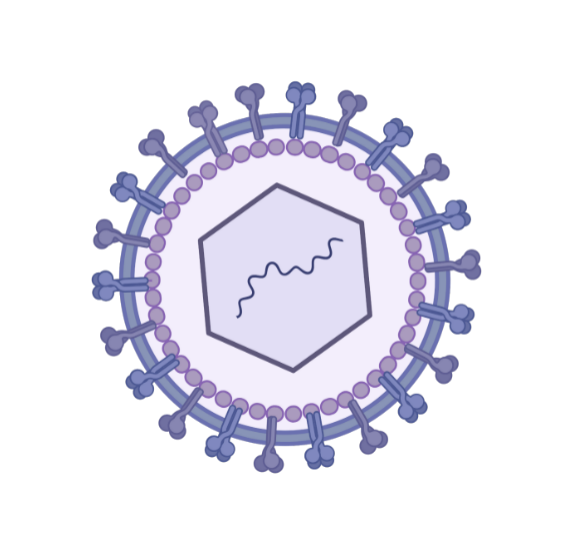In clinical trials, common side effects of protease inhibitors include but are not limited to the following:
Gastrointestinal reactions: such as nausea, vomiting, diarrhea, abdominal pain, etc. These symptoms may be related to the stimulation of the gastrointestinal mucosa by drugs, or to the impact of drugs on the normal function of the gastrointestinal tract.

Abnormal liver function: Protease inhibitors may cause a certain burden on the liver, leading to an increase in liver function indicators such as transaminases and bilirubin. When used for a long time or in excessive doses, special attention should be paid to the risk of liver function damage.
Hematology abnormalities: Some protease inhibitors may cause adverse reactions in the blood system, such as anemia, leukopenia, thrombocytopenia, etc. These side effects may affect the patient’s immune and coagulation functions and require close monitoring.
Neurological reactions: A small number of patients may experience adverse reactions to the nervous system after using protease inhibitors, such as headaches, dizziness, insomnia, anxiety, etc. These symptoms may be related to the direct or indirect effects of drugs on the nervous system.
Other side effects: In addition, protease inhibitors may also cause a series of other side effects, such as rash, allergic reactions, skeletal muscle pain, etc. The severity and incidence of these side effects vary depending on factors such as the type of medication, individual patient differences, and medication regimen.
It should be emphasized that although protease inhibitors exhibit a certain risk of side effects in clinical trials, their efficacy in treating specific diseases (such as viral infections, cancer, etc.) is also significant. Therefore, in clinical use, doctors will weigh the pros and cons based on the specific situation of the patient, develop personalized medication plans, and closely monitor the patient’s response in order to timely detect and deal with possible side effects. At the same time, patients should also follow the doctor’s advice on medication and receive regular follow-up and examination from doctors to ensure the safety and effectiveness of treatment.


